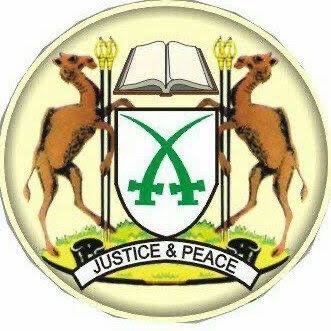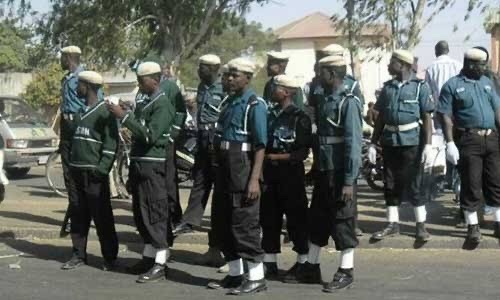Hisbah Meaning: Role And Duties Of The Religious Police Force
The Kano State Hisbah Corps is a religious police force in Nigeria’s Kano state responsible for the enforcement of Sharia.
Hisbah meaning
Hisbah (Arabic: حسبة ḥisbah) is an Islamic doctrine which means “accountability”.

Hisbah History
The Kano State Hisbah Corps was established by the state government in 2003 with the institutionalization of formerly local and privately maintained hisbah security units. Hisbah, which is an Arabic word meaning an act performed for the good of the society, is an Islamic religious concept that calls for “enjoining what is right and forbidding what is wrong on every Muslim.” The Hisbah Corps, which operates under the jurisdiction of a Hisbah Board composed of government officials, secular police officers, and religious leaders, is highly decentralized with local units supervised by committees composed of officials and citizens in the communities in which they operate.
The relationship between the Hisbah Corps and civil police has been sometimes acrimonious. The Nigeria Police Force (NPF), to whom the Hisbah must report crimes, frequently refuse to cooperate in enforcement of religious law. On multiple occasions, NPF officers have arrested Hisbah members for trespassing when the latter have attempted to enter private property to enforce Sharia. And, in 2006, two senior Hisbah officers were detained by federal police and questioned on suspicion they were seeking foreign funding to train militants.
As of 2020 there were approximately 19,000 male and female officers of the Kano State Hisbah Corps.
The Kano State Hisbah court has extended its rule to some Northern States with high population of Muslims in Nigeria. Some regions in States like Kaduna and Kwara now have rules from the court that governs them. The court set up rules that bans ladies from using Mobile phones and sunglasses etc amongst other things listed.

What are the duties of Hisbah
The Hisbah Corps does not have authority to execute arrests and officers are armed only with non-lethal weapons for self-defense, such as batons. Hisbah officers who observe violations of Sharia are expected to alert the Nigeria Police Force. Other duties of the Hisbah Corps include arbitrating the voluntary reconciliation of disputes, verbally chastising violators of Sharia, and maintaining order at religious celebrations. Hisbah are also trained to assist with disaster response operations
The role of Hisbah
Some observers have compared hisbah activities in Nigeria to vigilante groups that have operated in other parts of the country, partly based on local tradition and partly as a response to failings of the police. However, as of 2004, Human Rights Watch was not aware of killings by hisba members, in contrast to other vigilante groups like the Bakassi Boys in the southeast and the Oodua People’s Congress in the southwest of the country, who have committed numerous extrajudicial killings and other abuses. It is also compared to the newly formed Operation Amotekun in the South West of the country.

The Hisbah has the following major aspects:
- An obligation of a Muslim.
- An obligation of a state to ensure its citizens comply with hisbah such as sharia.
- In a broader sense, hisbah also refers to the practice of supervision of commercial, guild, and other secular affairs. Traditionally, a muhtasib was appointed by the caliph to oversee the order in marketplaces, in businesses, in medical occupations, etc. The position of muhtasib may be approximately rendered as “inspector”. See hisbah (business accountability) for this aspect.
